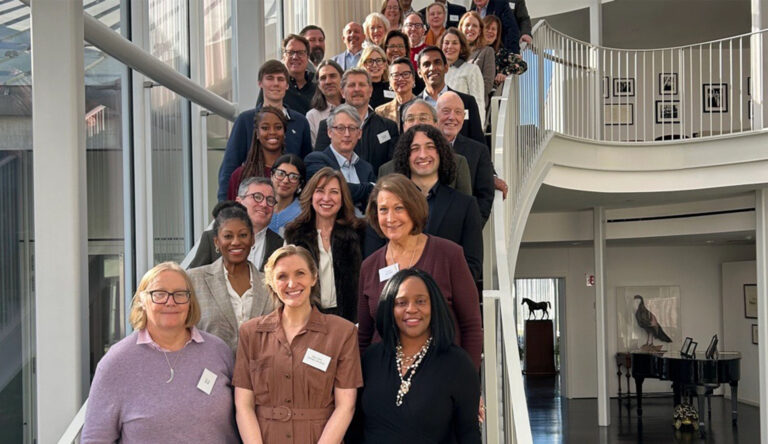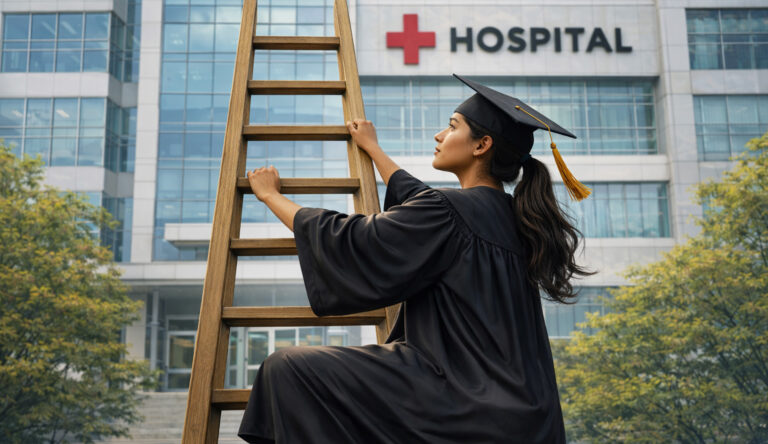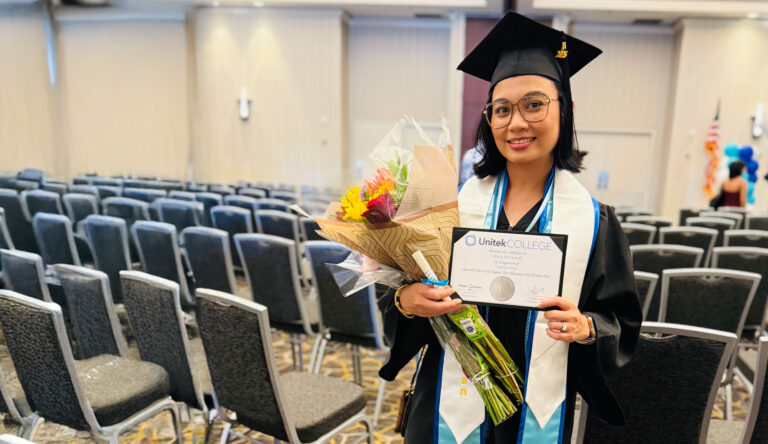By Van Ton-Quinlivan
Connecticut, Texas, New Mexico, California, Nevada, Wyoming, New York – This month, I added Florida to the list of states where I’ve had the pleasure of delivering a keynote on the critical shortage of healthcare workers and raising visibility on the imperative to grow untapped talent from within our local communities. Even with the distinctive personalities and cultures of each state, the challenges they face are remarkably similar. Nationwide, 75% of healthcare facilities report critical workforce gaps, and 76.6M+ Americans live in designated Health Professional Shortage Areas. Across these in-state engagements, I offer organizations an alternative and innovative approach for growing their talent pool effectively. My key message? Rather than tackling the challenge alone, workforce development is, after all, a team sport. There is power in partnership.

What brought me to Miami? I met with leaders from Miami Dade College to share news on Futuro Health’s expansion into Florida and Connecticut thanks to sponsorship from the Elisabeth C. DeLuca Foundation. And, I delivered a keynote on the topic of innovation for an audience of non-profit organizations, including colleges, universities, hospitals, and research institutions, gathered by the financial services firm TIAA.
The plenary session entitled “Solutioning in Plain Sight” was led by design-thinking expert Mark Leung of BoxD and introduced four patterns of innovations on how innovation can occur during uncertain times:
- Pattern One: Does your challenge require a bold reinvention, or can you build on existing strengths?
- Pattern Two: Would solutioning this challenge be more effective by merging or breaking things apart?
- Pattern Three: Should we deeply understand user needs, or double down on what we do best?
- Pattern Four: Is this a moment to do few things better, or reach new opportunities?
I spoke to the art of the possible specific to Pattern Two. My TED-talk style presentation focused on the power of partnership applied to healthcare workforce development, highlighting how the principles became embodied in the design of Futuro Health as a workforce development solution. Futuro Health, as a nonprofit, empowers individuals by providing them with the credentials and qualifications for their first or next healthcare career, making education journeys into allied health careers possible. Our work has been showcased by the National Governors Association and World Health Organization.
Throughout my many opportunities to speak directly to various groups across the country, the fact remains that healthcare providers are still feeling the deep impact of a workforce shortage that was intensified by the COVID-19 pandemic and compounded by longstanding systemic challenges. While there has been meaningful progress in rebuilding and retaining talent – thanks to expanded training programs, increased awareness, and strategic partnerships – the reality is that many regions continue to face critical gaps in care. Rural and underserved communities are especially vulnerable, with hospitals and clinics struggling to recruit and retain enough qualified professionals to meet demand. The strain on the system not only affects those seeking care, but also contributes to burnout among existing staff, creating a cycle that is difficult to break without sustained investment and innovation.
If your organization is interested in inviting me to speak at your convening, reach out at partnership@futurohealth.org.
About Futuro Health: Futuro Health addresses the critical shortage in healthcare workers through our national nonprofit mission to improve the health and well-being of communities by growing the largest network of allied health workers in the nation. We empower individuals by providing them with the credentials and qualifications for their first or next healthcare career, making education journeys into allied health careers possible. By building the talent that employers need and creating a path to opportunity that workers want, we are transforming lives and communities.



